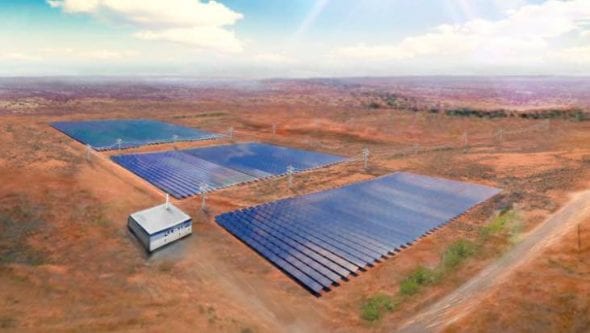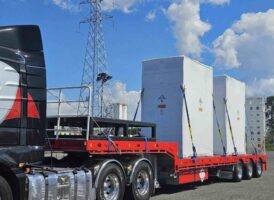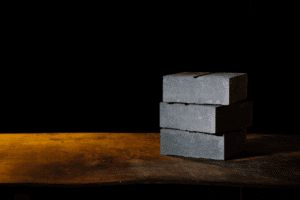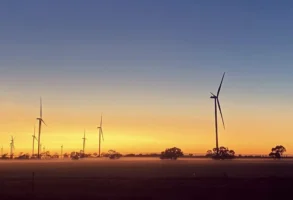Three key projects held by one of Australia’s most ambitious solar and storage developers, Lyon Infrastructure, have been listed for potential sale by the voluntary administrator appointed to three of Lyon’s companies.
Deloitte, appointed earlier in May, is seeking bids for three big solar and storage projects that Lyon had hoped to develop – including the project that was considered most advanced, the 55MW Cape York solar farm and a 20MW/80MWh battery storage installation to be located near Cooktown.
Two other projects listed in the EOI document are Nowingi, a 253MW solar farm with 80MW/320MWh of battery storage in Victoria, and Sturt, formerly known as Riverland in South Australia, another 253MW solar project with a 100MW/400MWh battery storage project.
Lyon has been fighting legal and court battles with at least two aggrieved parties – the US solar module supplier and project developer First Solar, and UK hedge fund manager Magnetar, which was introduced with some fanfare in 2017 as a shareholder and financial backer to Lyon’s ambitious roll out of projects.
Lyon had insisted that the projects themselves were not affected by the legal battles, and even when Deloitte was appointed voluntary administrator in May, to three entities (see notice above) three months after Magnetar had sought to wind up certain units, and 18 months after First Solar had sought to do the same.
“The appointment of the voluntary administrators allows a pathway for development of Lyon’s tranche 1 fully integrated large dispatchable solar peaker projects to proceed to financial close,” it said in a statement at the time.
Lyon has also struck partnership deals with Japanese energy giant JERA and US-based battery supplier Fluence, with a view to advancing these and other projects such as the Kingfisher solar and storage project mooted for Roxby Downs, near the site of BHP’s huge Olympic Dam mining operations.
Lyon had hoped to start work on the Cape York project early this year.
Deloitte says it will assess its options once the EOI is closed on May 31. This might include a formal sales process and the establishment of a data room, or – if JERA and Fluence are interested – to seek the funds to progress the projects.
The solar and storage projects are of a scale (size) and time period (four hours of storage) little contemplated by many other aspiring developers in Australia, and are focused largely on the potential of arbitrage (charging the batteries at times of low prices and selling at high prices).
However, the potential of this to deliver adequate returns is still not clear in Australia, given the lack of development in market signals for the full range of battery capabilities.
Also, although the Deloitte notice says the projects will be sold as a “single connection point” and “single power plant controller”, it is not clear that the ability to operate a solar farm and battery plant as one and the same unit is yet possible under the country’s antiquated electricity market rules.
As RenewEconomy reported here, all the batteries connected so far, including the Tesla big battery next to the Hornsdale wind farm and the Gannawarra battery next to the eponymous solar farm, have had to have separate controls and cannot bid as a single entity.
Note: Expressions of interest and enquiries should be directed to Ian Boulton via [email protected], or on (07) 3308 1428.











